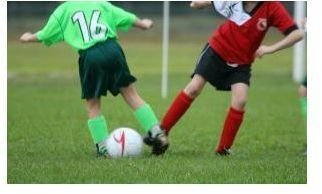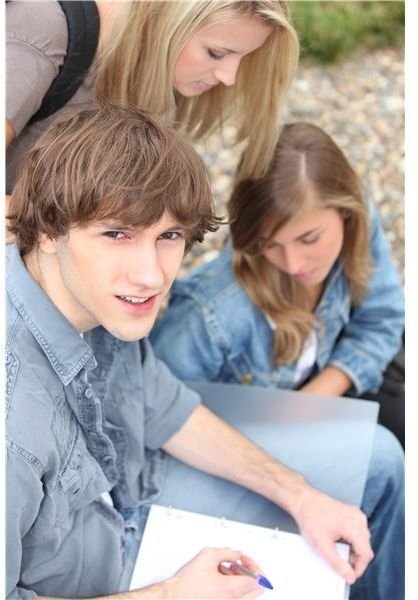Five Ways to Help Your Homeschooler Socialize
Many families choose homeschooling because it offers them many advantages--after doing the research, it seems like the best choice
for the family as a whole and the children in particular. But there are some potential disadvantages to homeschooling as well. One of the biggest concerns of many is the topic of socialization. This may be a more common concern in non-homeschooling families than in the families that homeschool. There are plenty of ways for homeschooled children to socialize and make friends.
For better or worse, the majority of children learn a large amount of their social skills from the school environment. This is especially true when talking about peer interaction. There are real concerns that children who are homeschooled will not be as adept at dealing with bullies, will have less friends their own age, and will have less cultural literacy than their peers in a traditional school environment. There are also concerns that children who are homeschooled will be less adept at cooperating and interacting with those from difference cultural backgrounds.
These are legitimate concerns, but with careful planning these concerns can be mitagated or eliminated with other social activities.
Fun Ideas for your Homeschooler
There are several ways to diversify the social interactions of your homeschooled child if you are worried about socialization problems:
Homeschool Supprt Groups: Homeschooling support groups are an important resource for any number of homeschool needs and can be especially important for finding places to engage your child in social interactions. Visit Local Homeschool for a listing of some homeschooling support groups across the United States. A variety of groups offer specific educational resources and support of many different kinds for homeschool children and their parents.
Park District Activities: Depending on where you live and what your homeschooling goals are there may be a variety of activities put on by the park district that will help expose your child to more of their peers and other adults. Park district activities typically start around age 3 and include a variety of options including sports, reading, games and arts. The park district may also be a great resource for supplemental educational activities for your homschooler.

Sport Activities: Many sports occur outside of school and the park district. Stand-alone sport facilities exist for karate, gymnastics, and many other sports. The drawback to doing sports outside of school or the park district is that they can be quite expensive. Another option is to join an athletic or sports club. Family oriented clubs like these may offer social and sports activities at an affordable price.
Churches or Other Religious Organizations: Often very community oriented, religious organizations may provide a great resource to get your child more socially involved with peers and adults alike. Depending on the organization you may not even need to be a member to partake in social activities.
Scouts and Other Activities: Boy and Girl Scout groups usually start when children are 5 or 6 and have plenty of wonderful opportunities for homeschool children. Additional activities that may offer good experiences for your child include choirs, language classes, dance groups and many others.
The above are just a sampling of ideas of ways to help your child become more comfortable in all different types of social situations. Remember that you can also build a social circle of your own around activities that you and your child already enjoy. The possibilities are truly endless.
Photo credit: https://www.sxc.hu/photo/648830
Trust Yourself
As a homeschooling parent no one knows your child better than you. Trust the decisions that you make for your child, and talk to them about their individual wants and needs. Engaging with other children and adults is an important part of social development for any child but making sure that it is an activity that your child is excited about is equally important.
